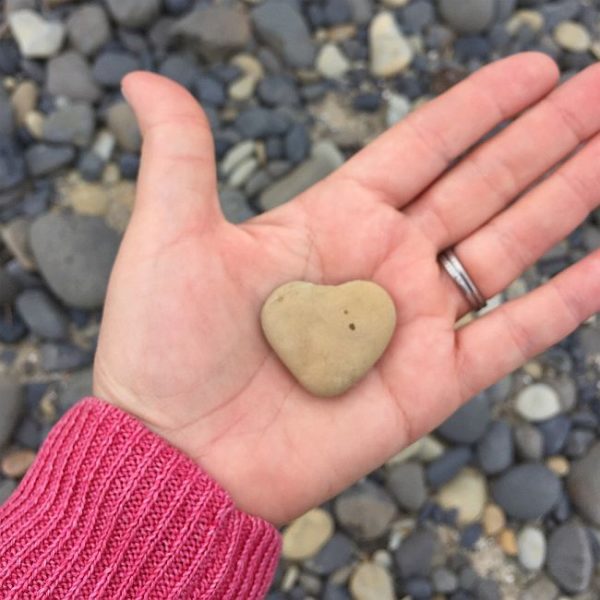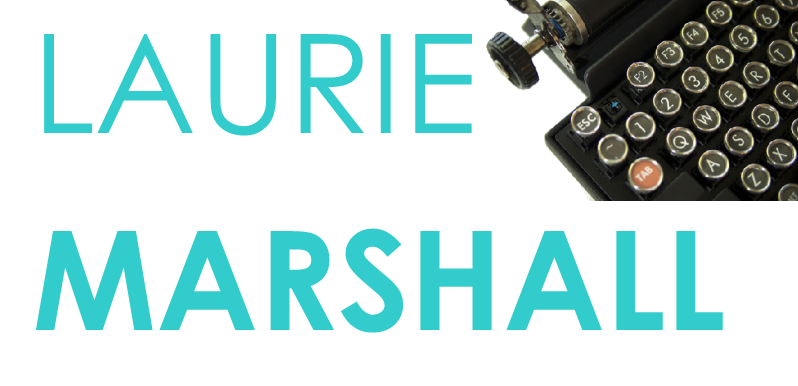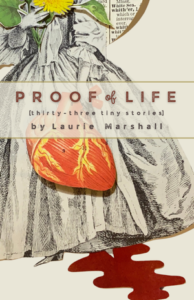 If you follow me on Instagram, you know I have been on a health journey since last summer when I went to a cardiologist to find out what might be causing me to have some arm pain when I exercised. Well, the journey culminated in a procedure I had done a couple of weeks ago, but there was a whole lot of craziness in between.
If you follow me on Instagram, you know I have been on a health journey since last summer when I went to a cardiologist to find out what might be causing me to have some arm pain when I exercised. Well, the journey culminated in a procedure I had done a couple of weeks ago, but there was a whole lot of craziness in between.
The first information I received last July was that my cholesterol was way too high. 247, to be exact. That was quite a jump from the 214 it was eighteen months earlier, but I was able to convince my doctor to let me try to get the number down on my own with diet before putting me on statins.
At that point, I didn’t know all of my aunts and uncles on my mother’s side of the family were on statins for their entire adulthood. I knew my mom had been taking them when she was diagnosed with cancer in 2008, but at that time I wasn’t paying close attention to anything like that for myself, as I rarely got sick and generally considered myself to be in good health.
Mom died in 2009, so she wasn’t around to inform me of my hereditary predisposition to having high cholesterol. Thanks for that, cancer.
Not long after the cholesterol discovery, I took a trip to Oregon to see my sister, where I proceeded to experience my first nighttime anxiety attack that I believed, because of my recent experience with a cardiologist, was a heart attack. Thankfully, there was a hospital in the small town we were visiting on the coast, and I was hooked up to monitors and a chest x-ray was done… and I was diagnosed with low potassium. This was super weird, since I had been eating tons of vegetables and getting what I thought was a good amount of potassium. So, like one does, I started googling.
“what can cause low potassium”
Anxiety attacks can cause your potassium to tank, I found out. And they also cause a racing heart rate. So, I had a freak anxiety attack… But why would I have an anxiety attack in the middle of the night? Or at all, actually, since I had never had any issues with that before that night?
I was fine the next few days, flew home and proceeded to have a few more attacks that week, which put me in such a state that I couldn’t leave the house without feeling anxious and short-of-breath. I was supposed to take a trip with my husband the next weekend, but postponed my departure because the idea of getting on a plane without knowing what was “wrong” with me was terrifying. What if I did have a heart attack, and I was out of town away from my kids?
“nighttime anxiety attack” “panic attack at night”
I finally did go on the trip a couple of days later, but only after spending 24 hours in the hospital being monitored and insisting that I be given a prescription for anti-anxiety meds before I left.
As I lay in bed in the hospital, feeling like my body was being excessively ungrateful for the care and attention I’d given it over the last 51 years, I did LOTS of googling. That was not necessarily a good way to reduce the anxiety, as anyone who has googled symptoms and medical conditions online knows. It was also frustrating. There was nothing that made any sense for me, since I didn’t have a history of anxiety.
But when I shared what happened on social media several female friends told me they had experienced anxiety attacks at night when they were going through peri-menopause. Aha! My latent Nancy Drew sleuthing skills kicked in. Not once during all my searches did a search result link “anxiety” to “menopause”. At least, not until I specifically searched those terms together.
“peri-menopause symptoms” “anxiety and peri-menopause”
Finally, things were starting to make sense! Hormone imbalances can cause anxiety attacks – an important connection that was not even mentioned in the Mayo Clinic pages about anxiety and panic attacks and their causes.
I made an appointment with my general practitioner to tell him about the episodes I’d had, and to have my hormones checked. He did a blood test, but the limited hormones that were tested all came back with normal results. He suggested that I go to a local pharmacy to have my saliva tested, saying that he knew other women who had found that test to be more thorough.
I went by the pharmacy and picked up the kit and instructions, which cost $230 out-of-pocket, and headed home. I wondered if men who have their testosterone levels checked when they are experiencing issues with their sexual prowess have to pay out-of-pocket.
After sending in my saliva samples (one taken as soon as I woke up, the other before I went to bed that same day) a few weeks passed before the pharmacy called to tell me the results were in and set up an appointment for me to visit with their counselor.
I spent over an hour with this woman, and it was an hour full of one revelation after another. She very meticulously went through the medical history I reported on the required paperwork, then we got down to business talking about each of the hormones tested and what the results meant.
Why is 2:30 a.m. significant?
I found out my estrogen is still within normal limits, so I am not quite done with my menstrual cycle. (I always have said I could have populated the west, as easy as my pregnancies and births were, now I know I could have done so into my fifties.) An estrogen crash, which can occur during peri-menopause, can cause the anxiety-attack symptoms I experienced, but my levels indicated that was probably not happening to me.
My progesterone is a little low, and my testosterone is sky-high (visually confirmed by the goatee I’ve been growing for the last few years.) But the most amazing finding was focused on my cortisol levels.
My husband and I had noticed that when I experienced the anxiety attacks at night, they were almost always right around 2:30 a.m. The first one I experienced in Oregon was even at 12:30 local time… 2:30 a.m. at home. We wondered what could be causing that pattern – what kind of cycle was I in? Did it have to do with when I ate last? When I went to bed? What???
Cortisol is our “fight or flight” hormone. It starts out high in the morning, as we have evolved to get up first thing and get to the business of running from danger or heading out on a hunt. But throughout the day, it gradually falls. When your body’s cortisol bottoms out, it can cause a hypoglycemic response, which can cause symptoms like a high heart rate, anxiety, and sweating. And… get this… it usually hits its lowest levels around 2:00 a.m.
When I read this in the paperwork that accompanied my test results I was dumbstruck. There it was! The reason I was having nighttime anxiety attacks at 2:30 a.m. was tied to my cortisol levels!!!
So, now I knew what was causing the anxiety attacks. The counselor suggested that I start taking supplements, which I am. I take a multi-mineral supplement of magnesium, Vitamin D, zinc and calcium that I found at CVS pharmacy. I also bought an over-the-counter progesterone cream that I am trying to remember to use regularly. In addition, I have a prescription for clonazepam – an anti-anxiety medication that I take only when I feel it’s needed, which isn’t very often now.
I know that as I move through peri-menopause these symptoms will still be present, but I am feeling much more in control of my body. I haven’t had a sudden rapid heart rate in a couple of months, and when I do have them, they aren’t accompanied by the shortness of breath that I was experiencing in a full-out anxiety attack. I can usually just do some deep breathing and get through them without any problems.
But because the universe has a sense of humor, anxiety and peri-menopause aren’t the only thing I’ve been dealing with. I wasn’t having a heart attack that time in Oregon. But I found out recently I certainly could have had one….
More about that adventure next week.






What a journey. Good things you have mad googling skills. **goatee** LOL.
thing not things. Ugh.